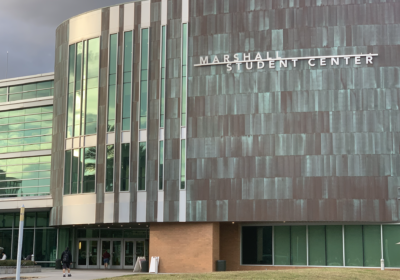Lawyers argue Scotts Fla. rulemaking suspension
TALLAHASSEE – A lawyer for a disabled woman who is challenging Gov. Rick Scott’s freeze on rulemaking told the Florida Supreme Court on Wednesday that the governor exceeded his constitutional authority by effectively and unilaterally changing the state’s administrative procedures law.
That’s something only the Legislature can do, former Florida State University President Talbot “Sandy” D’Alemberte told the justices.
D’Alemberte, also a former American Bar Association president, argued on behalf of Rosalie Whiley of Opa-Locka. Scott’s freeze has delayed a rule that would make it easier for Whiley, who is blind, to reapply for food stamps.
Scott’s general counsel, Charles Trippe, argued that the Florida Constitution gives the governor “supreme executive power” for the executive order suspending rulemaking that he issued upon taking office in January. The Republican governor froze the process to determine if any proposed rules might conflict with his pro-business agenda.
The governor could block rules without allowing citizens to have their say, as required by the Administrative Procedures Act, D’Alemberte said. He also could prevent agencies under his control from considering rules proposed by citizens.
Justice Barbara Pariente said it sounds “reasonable” for the governor to exercise such control over his agencies. She also noted, though, that former Gov. Charlie Crist made arguments about executive power similar to Scott’s when he signed a gambling compact with the Seminole Tribe of Florida without the Legislature’s approval. The Supreme Court ruled against Crist in that case.
The rule suspension case is being closely watched by environmental groups, social service agencies and elections officials among others.
Eric Draper, executive director of Florida Audubon, said Scott’s order has delayed rules proposed to help protect rivers, springs and the Everglades.
“In a regular rulemaking process we know what the rules for making the rules are, we know the criteria by which the decisions are being made,” Draper said. “We have no idea what criteria he is using to review these rules and we are locked out of that process. We have no access.”
The justices did not indicate when they would rule.






